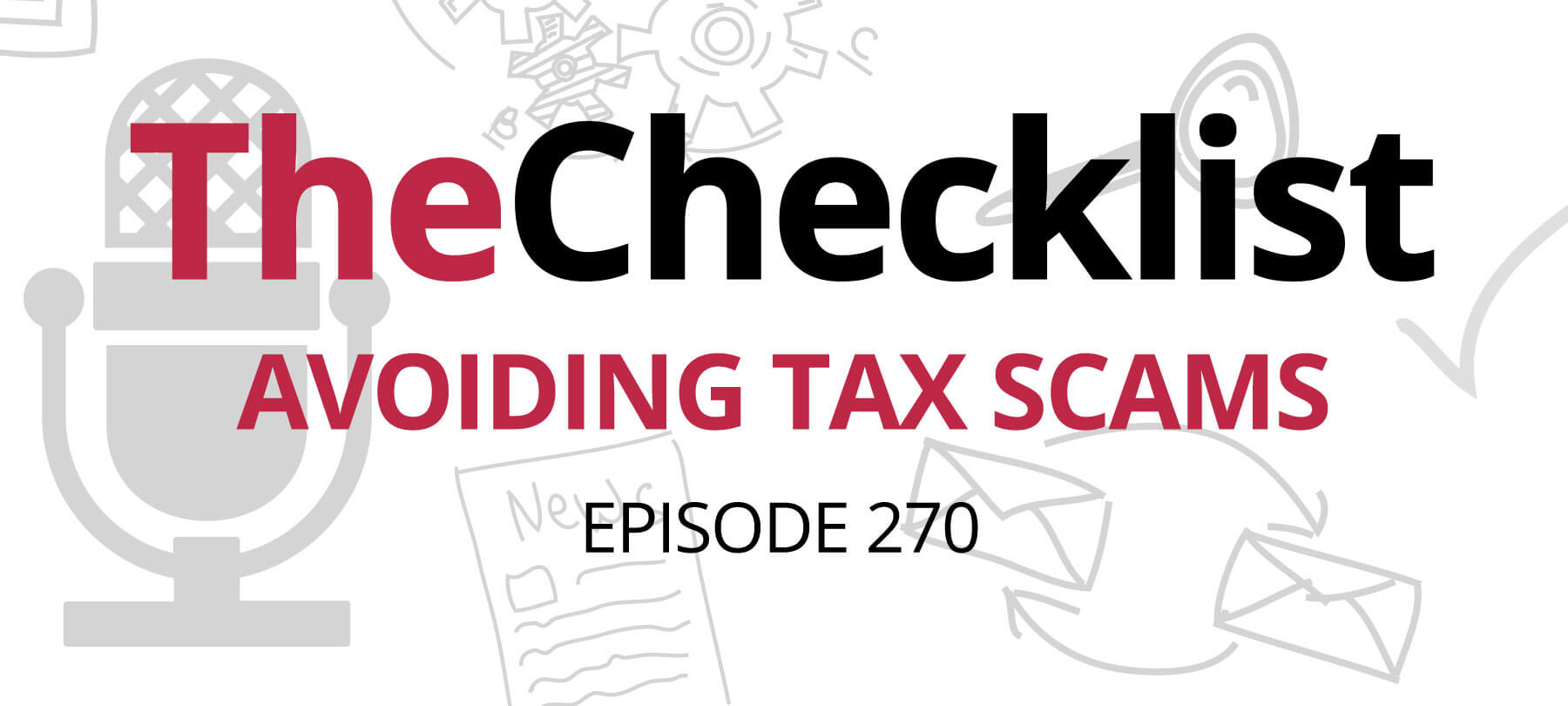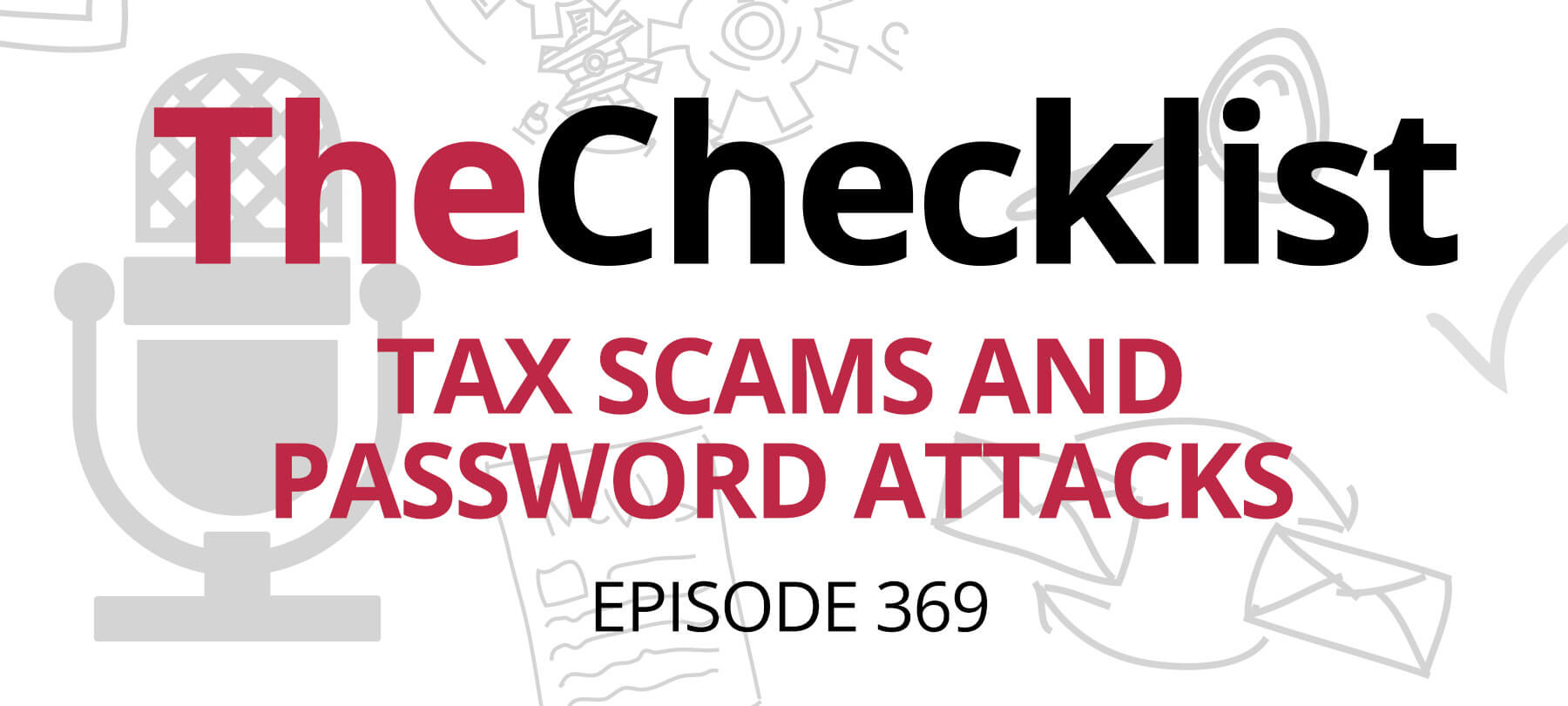Tax Season Scams Surge as April 15 Looms: Experts Warn of Sophisticated Mobile Attacks
As the U.S. barrels toward Tax Day on Tuesday, April 15, cybersecurity experts are sounding the alarm on an escalating wave of IRS-themed scams — with your mobile phone now the primary target. A recent podcast episode spotlighted this year’s most dangerous tax-time threats, drawing heavily from a report by cybersecurity firm McAfee.
The Countdown to Tax Day Is Prime Time for Scammers
According to McAfee, nearly half of U.S. taxpayers file between mid-March and the April 15 deadline, creating a perfect storm of stress and urgency — conditions scammers are eager to exploit. Whether you’re rushing to file or already submitted your return, you’re still a target.
The cybercriminals’ weapon of choice this year? Text messages. In 2024, 76% of tax scam activity targeted mobile users via SMS, often using deceptive links with URL shorteners or long, confusing domain names that mimic official IRS web pages. A single scam campaign last year made up over 17% of all blocked tax scam URLs, featuring convincing addresses like “irs.gov.tax-helping[.]com”.
Common Scam Themes: Fear, Urgency, and Deception
Scammers use urgent or threatening language to compel victims to act fast without thinking:
- “Your refund is on hold — contact the IRS immediately.”
- “Failure to pay will result in jail time.”
- “Your driver’s license or immigration status is at risk.”
These messages lead victims to phishing websites that imitate the IRS or tax preparer services, harvesting personal and financial data.
What the IRS Will and Won’t Do
Both McAfee and the IRS stress that knowing how the real IRS operates is key to spotting a scam. Highlights from the IRS’s own guidance:
- First contact is almost always via physical mail.
- The IRS does not text or email unless you’ve given explicit permission.
- They won’t demand payment via gift cards, social media, or mobile payment apps.
- They won’t threaten arrest, deportation, or license revocation.
Red flags include:
- Requests for personal information via phone
- Pre-recorded robocalls
- Payment requests outside the official IRS site
Staying Safe: Best Practices from McAfee and the IRS
To avoid falling victim:
- Don’t click on suspicious links — even from familiar-looking sources.
- Manually navigate to trusted sites like IRS.gov.
- Be skeptical of any messages claiming to be from the IRS or tax software providers.
- Report scams: Forward phishing emails to phishing@irs.gov and share your experience with the IRS.
McAfee also urges users to:
- Verify all communications, even if they seem to come from known tax professionals.
- Spread awareness — tell friends, family, and colleagues about ongoing scam tactics.
As tax day approaches, vigilance is more important than ever. Treat every unsolicited message as suspicious, especially those that invoke urgency or threats. Scammers may be clever — but awareness is your best defense.
Signal Scandal Sparks National Security Outcry — White House Blames iPhone Contact Glitch
In a striking blend of digital mishap and high-stakes geopolitics, the White House is under scrutiny following revelations that top U.S. national security officials used the consumer messaging app Signal to discuss classified matters — including a pending military operation in Yemen. And in a twist that feels more Silicon Valley than CIA, the administration is reportedly pointing fingers at an unlikely culprit: iPhone’s auto-suggested contact feature.
What Happened: A Chat Gone Wrong
According to a Wikipedia summary referenced in a recent podcast and reports from The Guardian via TechCrunch, the situation unfolded when National Security Advisor Mike Waltz accidentally added Jeffrey Goldberg, editor-in-chief of The Atlantic, to a Signal group chat involving Vice President Vance, Cabinet members, and intelligence chiefs. The chat reportedly centered around a looming U.S. military strike in Yemen.
The unintentional inclusion of a journalist in a top-secret conversation immediately raised alarm bells and became a political flashpoint.
The White House’s Explanation: Blame the iPhone
In response to the gaffe, Trump administration officials suggested the breach was caused by an iPhone bug. Specifically, an investigation by White House IT staff reportedly found that:
- Goldberg had emailed the White House for comment on a story.
- Trump spokesperson Brian Hughes forwarded that email to Mike Waltz.
- Waltz’s iPhone auto-suggested Goldberg’s number under Hughes’ contact info.
- When Waltz added “Hughes” to the chat, he unknowingly invited Goldberg.
This explanation, originally cited by The Guardian and reported by TechCrunch, implies that Apple’s contact-suggestion system mistakenly merged contact details, resulting in the wrong person being added to the group.
Pattern of Risk: Signal Use Wasn’t a One-Off
More troubling than the contact glitch is the suggestion that this was not an isolated event. According to The Register, citing Politico, Waltz may have created over 20 Signal chats to conduct U.S. foreign policy discussions — covering China, Ukraine, and Gaza — far beyond the platform’s intended use.
“Waltz built the entire National Security Council communications process on Signal.”
Such repeated use of a consumer-grade messaging app for classified discussions has sparked criticism from security experts and lawmakers alike, questioning the judgment and protocols used at the highest levels of government
Security Takeaways (and a Cautionary Tech Tale)
Though some blame has been aimed at iPhone’s contact suggestion feature, experts and observers argue the larger issue is the inappropriate use of unsecured platforms for sensitive operations.
As the podcast hosts noted, “Maybe that’s why you don’t use apps from the App Store when planning a military strike.”
The incident underscores the critical need for:
- Proper secure communication channels for government officials.
- Rigorous digital hygiene, especially when devices auto-fill or suggest contact info.
- Institutional checks against the normalization of consumer apps for state secrets.
While the administration would have the public focus on the quirks of smartphone tech, the real concern is the systemic reliance on platforms not designed for national security. As one commentator quipped, this scandal is less about Signal or iPhones — and more about signals of a deeper procedural failure.



